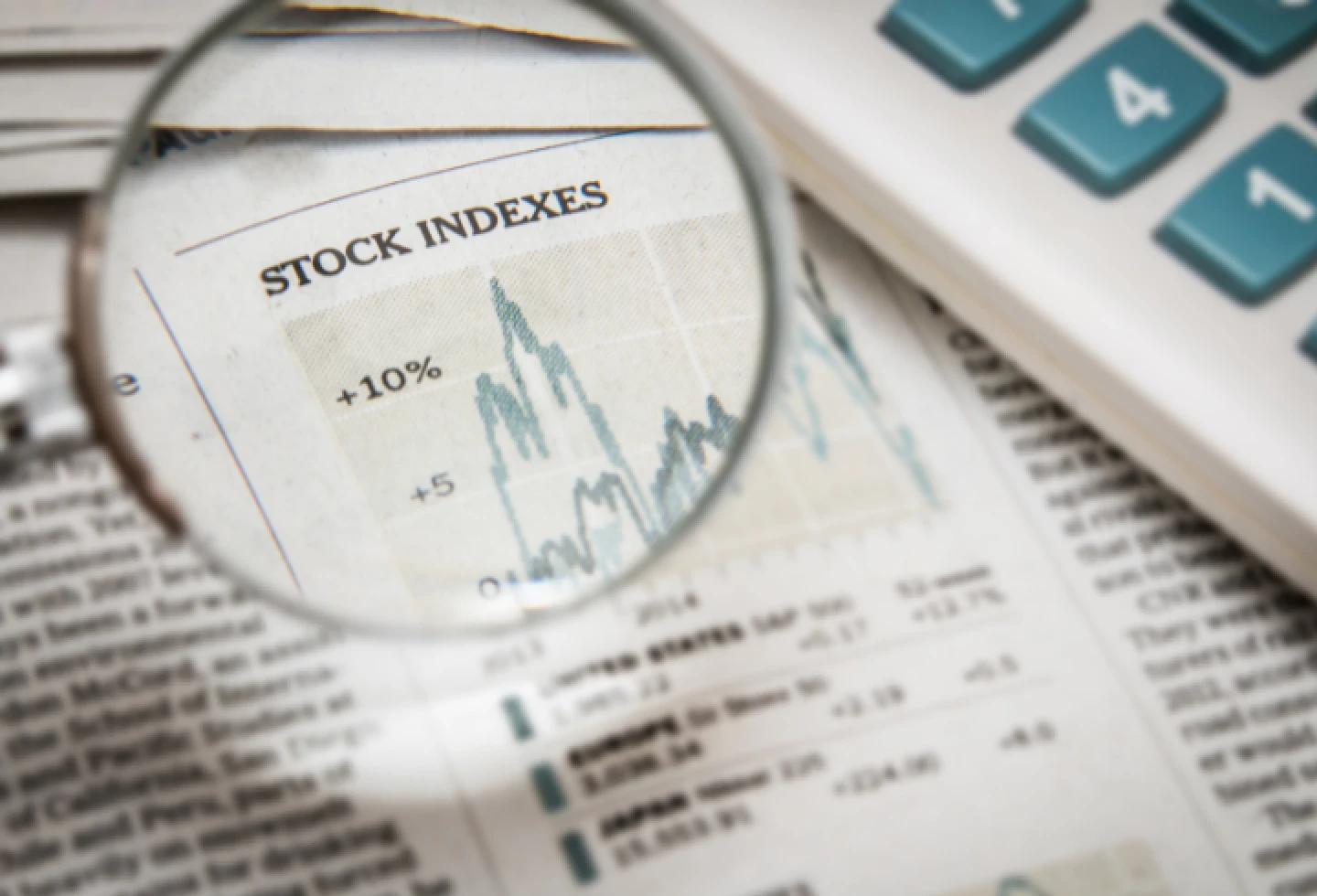With the continuous change and evolution in the global economy, keeping up and staying ahead of competition has become a challenge for businesses.
In order to look for new opportunities and capitalize on new opportunities, leaders need to understand market dynamics, and observe economic indicators keenly.
The Ifo Business Climate Index offers a monitored metric to understand the expectations and standards of German enterprises.
Insights from the report offer stakeholders an opportunity to make informed decisions while being able to adjust strategies to align with the economic conditions.
Understanding the Ifo Business Climate
The Ifo Business Climate Index is a monthly survey conducted by the Ifo Institute for Economic Research, a leading economic research institute in Germany.
It measures the sentiment of around 9,000 businesses across various sectors, including manufacturing, construction, trade, and services.
The index consists of two components – the current business situation and expectations for the next six months.
These components are combined to create the overall Ifo Business Climate Index, which serves as a reliable indicator of future economic developments.
Companies participating in the survey are asked to assess their current business situation and their expectations for the future.
Their responses are then aggregated and weighted according to each sector’s contribution to the overall German economy.
The Ifo Business Climate Index has proven to be a valuable tool for policymakers, investors, and businesses alike. It provides early signals of potential shifts in the German economy, allowing them to make informed decisions and adjust their strategies accordingly.
Interpreting the Index
To effectively leverage the insights provided by the Ifo Business Climate Index, it’s essential to understand how to interpret the data.
Here are some key considerations:
- Sectoral Analysis: While the overall index provides a broad overview, it’s crucial to analyze the individual sectors separately. Each sector may experience different dynamics, and understanding these nuances can offer a more comprehensive picture of the economic landscape.
- Historical Trends: Comparing the current index values with historical data can reveal valuable patterns and cycles. This can help identify potential turning points and anticipate future economic movements.
- Correlation with Other Indicators: The Ifo Business Climate Index should not be viewed in isolation. It’s essential to consider its relationship with other economic indicators, such as GDP growth, employment rates, and consumer confidence, to gain a more holistic understanding of the economy.
- Geographical Factors: Germany’s economic performance is closely tied to global trade and geopolitical developments. Analyzing the index in conjunction with international events and trade dynamics can provide deeper insights into potential impacts on the German economy.
Integrating the Ifo Business Climate Index into Business Strategies
As businesses navigate the complexities of the German and global markets, the Ifo Business Climate Index can be a valuable tool for informed decision-making.
By closely monitoring the index and interpreting its signals, companies can:
- Adjust their production and inventory levels based on anticipated demand shifts.
- Align their investment and expansion plans with economic cycles.
- Optimize their pricing strategies and manage costs more effectively.
- Identify potential risks and opportunities in specific sectors or regions.
The Impact of Global Events
While the Ifo Business Climate Index primarily reflects the sentiment of German businesses, it’s important to recognize that the German economy is closely intertwined with global economic trends and events.
Major international developments can have ripple effects that influence the index’s movements.One notable example is the ongoing Russia-Ukraine conflict.
The war has disrupted global supply chains, particularly in energy and commodity markets, which has had a significant impact on German businesses.
As a result, the Ifo Business Climate Index has reflected the uncertainty and challenges faced by companies navigating these turbulent times.
Similarly, the COVID-19 pandemic demonstrated how global health crises can profoundly affect business confidence and economic activity.
During the pandemic’s peak, the Ifo Business Climate Index plummeted, reflecting the widespread disruptions and challenges faced by German companies.
Understanding the relationship between global events and the Ifo Business Climate Index is crucial for businesses operating in Germany or with ties to the German market.
By closely monitoring international developments and their potential impact on the index, companies can anticipate shifts in business sentiment and proactively adjust their strategies accordingly.
This approach highlights the importance of taking a holistic view when analyzing the Ifo Business Climate Index.
While it primarily reflects domestic sentiment, global factors can play a significant role in shaping the index’s movements and, consequently, the overall economic outlook for German businesses.
Closing Thoughts on Ifo Business Climate Index
Through the Ifo Business Climate Index, German enterprises are enabled to make informed decisions and stay ahead of competition.
Businesses need to understand and integrate this indicator into their strategies to mitigate risks better and make the most out of opportunities.
The Ifo Business Climate Index is a valuable tool for businesses to stay on track and move ahead.



